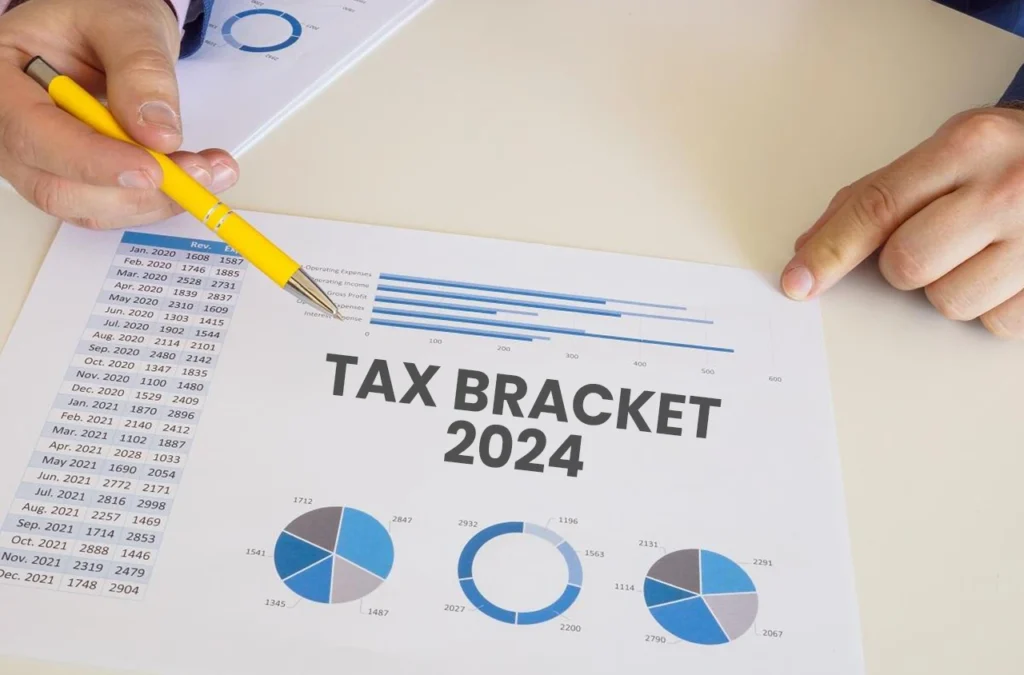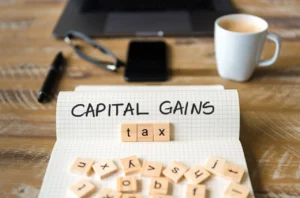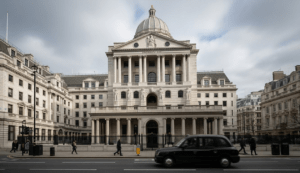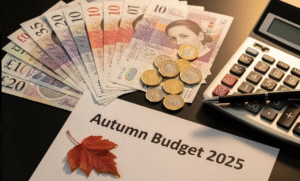With the personal allowance and additional rate thresholds staying frozen until 2028, the Institute for Fiscal Studies (IFS) forecasts that approximately 2.1 million more taxpayers in the UK will be pushed to higher rate percent of 40 tax bracket and additional rate around the concluding year of the freeze.
Whilst pay increases or bonuses are something to celebrate, from the UK tax perspective, they may bring the taxpayer to the higher 40 percent tax bracket. Knowing when one is about to climb the higher rate percent of 40 tax bracket 2024/25 is crucial so that the taxpayer can start working out their income tax at the higher rate.
How the Higher Rate Tax Bracket Works
In the 2024/25 tax year, the higher rate percent of 40 tax bracket income range is between £50,271 and £125,140. This threshold applies in England, Northern Ireland, and Wales, which currently has three tax bands. Scotland follows a separate taxation system, with six different bands and rates.
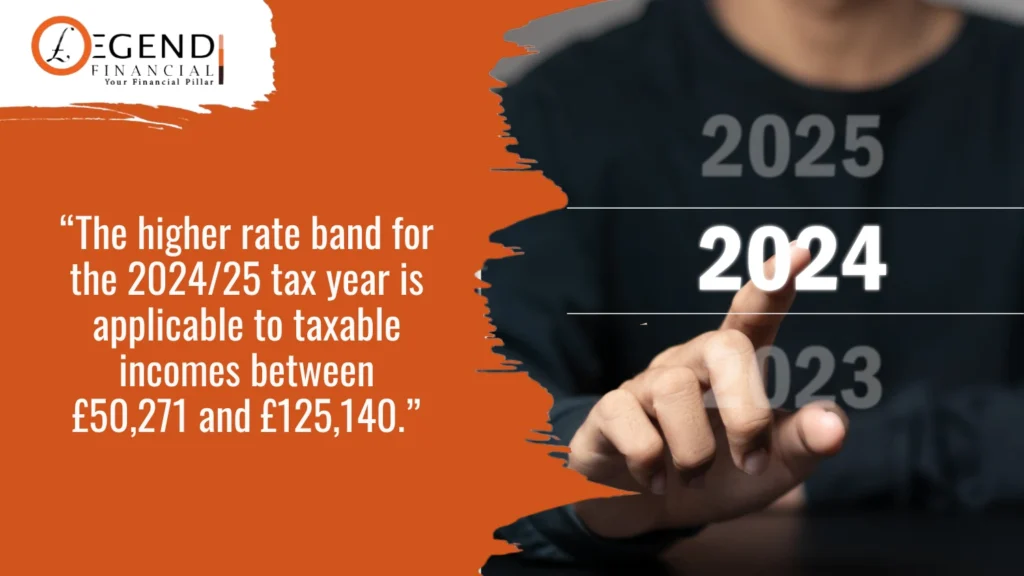
To better understand the higher rate percent of 40 income tax bracket, know the three tax bands first. After the tax-free personal allowance of £12,570, the tax brackets are as follows:
- Basic Rate
- Higher Rate
- Additional Rate
Basic rate taxpayers pay tax between £12,571 and £50,271. Personal allowance (PA) must be applied, so £50,271 is reduced to £37,701. Taxpayers in the next tax band, higher rate, pay tax between £50,271 (or PA-reduced £37,701) up to £125,140. The last band is the additional rate of 45 percent, which applies to taxable income beyond £125,141.
Read the full information here: Income Tax Rates 2024/25.
One common misconception among many taxpayers is that the percentage of 40 tax bracket UK is taxed on all incomes once they land the higher rate tax bracket. This is not the case as the UK follows a progressive taxation system. For a better understanding, here is an example:
- John earns a total of £60,271 per year.
- Given the personal allowance, he does not pay tax on the first £12,570.
- He pays 20% tax on his income between £12,571 and £50,270.
- He will only pay 40% of tax on his earnings between £50,271 and £60,271.
- This means John only pays 40% of tax on the £10,000 portion of his income.
Check out our UK Tax Calculator to get a rough estimate of income tax bill.
Landing the higher rate band reduces one’s personal savings allowance from £1,000 to £500. Moreover, marriage allowance is no longer applicable once one of the couples becomes a higher-rate taxpayer.
The higher rate threshold is not expected to change soon, since the personal allowance and additional rate thresholds will remain up until April 2028.
How to Avoid Paying Higher Rate
Landing in the higher rate band may be inevitable. However, just as taxpayers celebrate their income increase, they must also make sure they are tax efficient as much as possible. There are many ways to reduce income tax for self-employed people or not, such as:
- Maximising reliefs and tax deductions
- Paying into a pension
- Using the salary sacrifice scheme
- Making charitable gifts
- Investing in the Enterprise Investment Scheme (EIS) and/or Venture Capital Trust (VCT)
The last tax-reducing option can be risky and requires expert guidance from financial advisors beforehand.
Frequently Asked Questions
No. When one of the married or civil partners lands in the higher rate tax band, the couples cease to be eligible for claiming the marriage allowance.
In the UK, bonuses are considered as income. When an employer pays a bonus to an employee, it is added to the employee’s other earnings. The employer then deducts and pays the applicable Pay As You Earn (PAYE) tax and Class 1 National Insurance through the payroll system.
Sacrificing the bonus by paying it into a pension helps the taxpayers avoid falling into the higher or additional rate tax bracket, as well as potential National Insurance.
Whilst income increase is great, it also means more tax to pay for an individual, as they pay the higher or additional rate and National Insurance.
The 60% tax trap is a situation that affects higher-rate taxpayers. When their income exceeds £100,000, their personal allowance, which is £12,570 for the 2024/25 tax year, starts to decrease. As a result, they may find themselves facing a higher tax bill, sometimes reaching up to 60% of their income.
How Legend Financial Can Help
Upon the concluding year of the thresholds freeze, many more taxpayers in the UK will land in the higher rate percent of 40 tax bracket. If you think you are getting close to paying taxes in this tax bracket, be sure to have the upper hand by planning your upcoming tax implications now.
Legend Financial will recommend higher rate tax reliefs applicable in your situation and optimise your tax standing, regardless of whether you are employed or self-employed. From tax planning and filing your returns to ensuring you are HMRC-compliant, we are here to assist. Talk to one of our tax specialists today!



